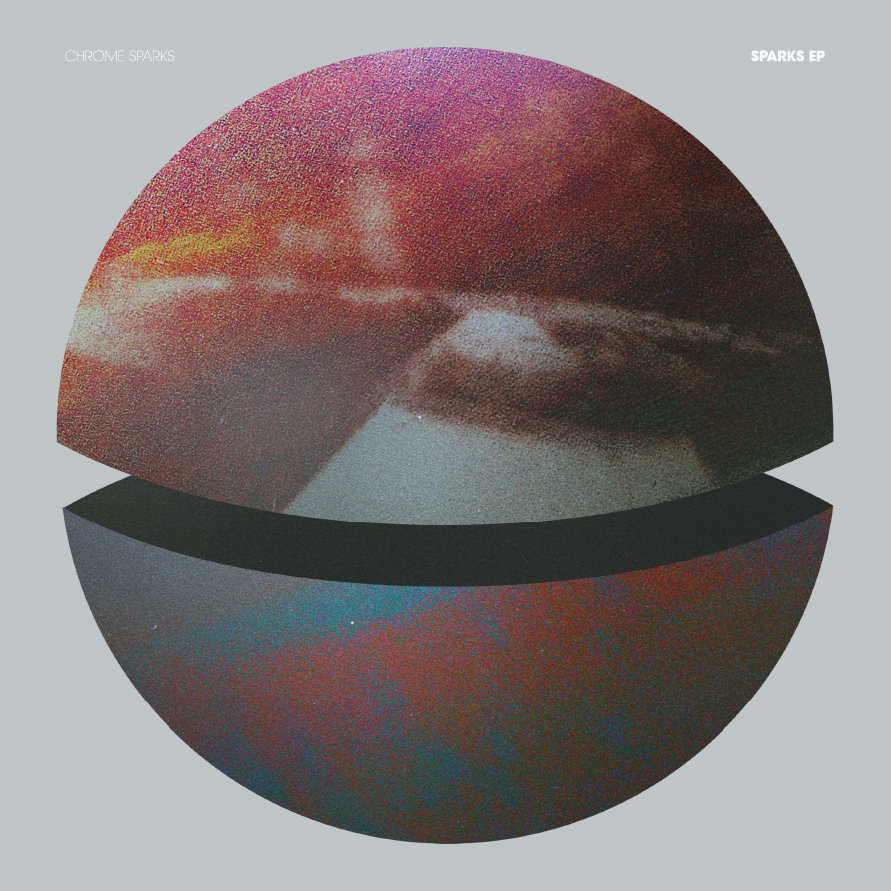Maria Sklodowska was never one to back down from a challenge.
As a woman in the field of science, a field dominated by men, she faced ridicule and disrespect at every turn. As an immigrant in pre-war France, a country with a growing distaste for anything foreign, she faced resentment and bitterness. But none of this stopped her from becoming the first woman in Europe to earn a doctorate in physics, or from becoming one of the top scientists of her time.
By age forty, her husband had died, but she carried on her work. Five years later, when it was discovered that she was involved in a relationship with a married man, she was labeled a Jewish homewrecker. Angry mobs surrounded her house.
And despite having just been awarded the Nobel Prize, the scandal and embarrassment was almost enough to discourage her from going to Stockholm to accept the award. Having spent decades pushing uphill against the oppressive gravity of sexism, the hatred of the public must have been nearly too much.
Except that another celebrated scientist wrote her a letter, advising her to ignore the critics and the gossips, and accept the award she so deserved:
I am so enraged by the base manner in which the public is presently daring to concern itself with you that I absolutely must give vent to this feeling…I am impelled to tell you how much I have come to admire your intellect, your drive, and your honesty, and that I consider myself lucky to have made your personal acquaintance in Brussels…If the rabble continues to occupy itself with you, then simply don’t read that hogwash, but rather leave it to the reptile for whom it has been fabricated.
The above letter was written by Albert Einstein to Maria Sklodowska, whose married French name was Marie Curie.
She and her husband were the first married couple to win the Nobel Prize. Her daughter, along with her husband, were the second. And her second Nobel Prize, won after her husband’s death, made her the only person – man or woman – to do so in two different fields of science.
So today, on Marie Curie’s 149th birthday, remember that you are not the hatred people may direct towards you.
What makes this a beautiful song:
1. The triplets that scamper relentlessly through most of the song like a bubbling science experiment.
2. The chords that appear at 2:07 change everything. One of the most surprising and beautiful moments in any song I’ve ever heard.
3. It’s got that hyper-compressed, all-up-in-your-ears sound favoured by so many producers these days. Eventually, this might sound dated, but I don’t care. It gives the track a crackling presence that immerses the listener without, somehow, being too loud.
Recommended listening activity:
Writing a letter to the Marie Curie in your life.
